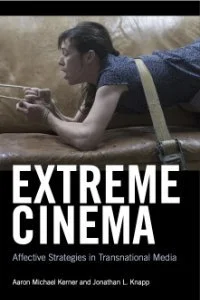By Jae-hyung Kim, Kwi-byung Kwak, Il-hwan Kim, Hae-nam Park, Jun-chol So, Sang-jic Lee, Jong-sook Choi and Ji-hyun Choo
This article exposes human rights violations committed at Brothers Home in Busan, South Korea in the 1970s and 1980s, identifying their structural causes and discussing Korean society’s efforts to address them. From 1975 to 1987, Brothers Home was the largest group residential facility for the homeless, the ill, the disabled, and the poor—a program that was even commended by the Korean government. However, over the years, various human rights abuses led to the death of 657 residents. While these violations remained hidden from public view for almost 25 years, survivors and supporters waged a long battle to bring them to light. Recently, the Truth and Reconciliation Commission investigated and confirmed the human rights violations as state violence . In this essay, the authors assess the significance this case holds for Korean society.
Asia-Pacific Journal (Japan Focus) Volume 21 | Issue 6 | Number 1 | Article ID 5775 | Jun 03, 2023






